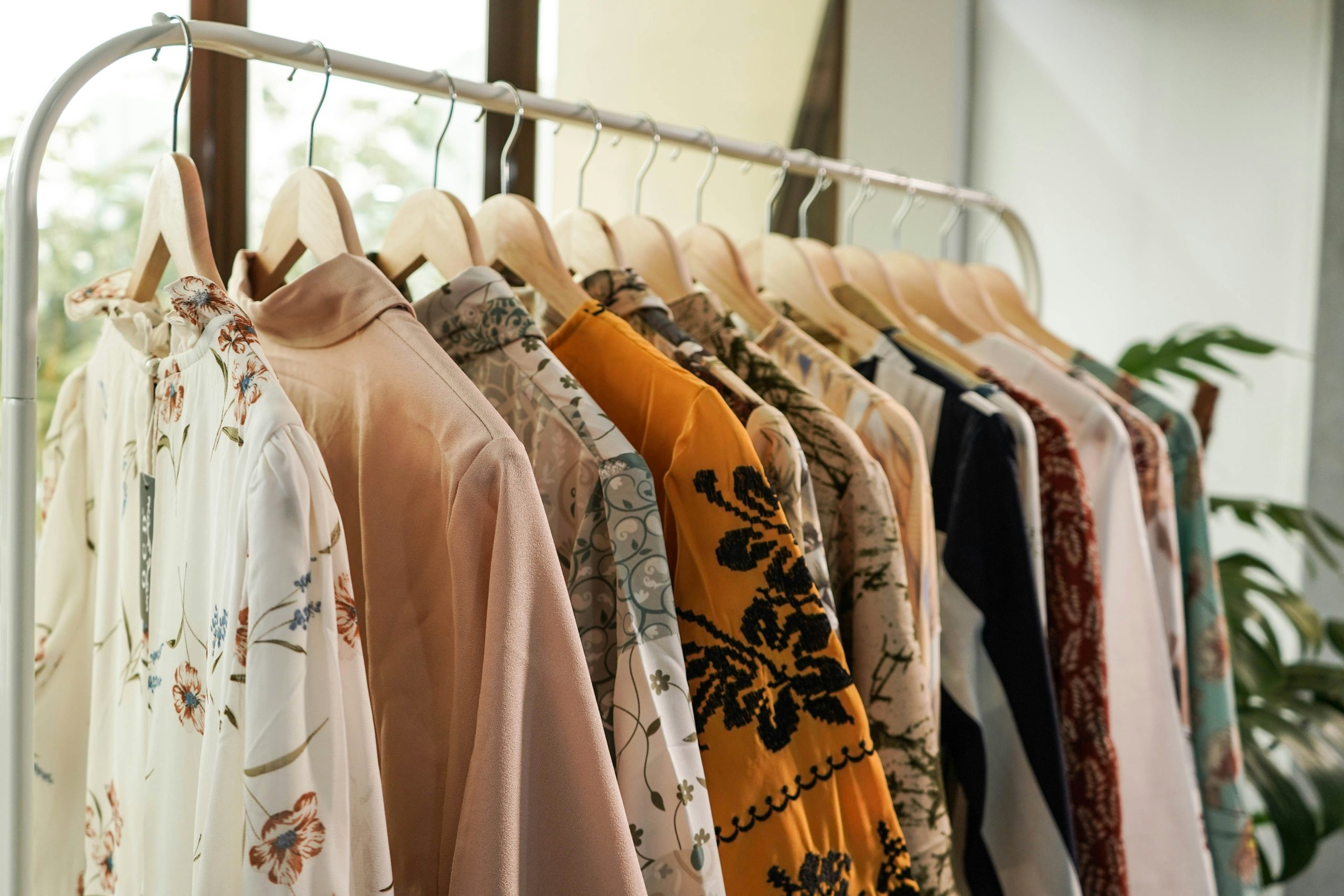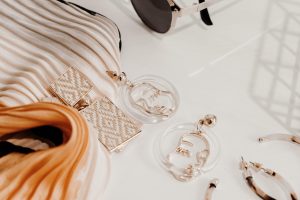Fashion Psychology: Emotional Intelligence Through Personal Expression
When we think of fashion, we often think of it as a form of self-expression, a way to showcase our personal style and creativity. But what if fashion could also be used as a tool for emotional intelligence? This is the concept of fashion psychology, the study of how clothing and personal style can influence our thoughts, emotions, and behavior. In this article, we’ll explore the fascinating connection between fashion psychology and emotional intelligence, and how understanding this link can enhance our self-awareness, relationships, and overall well-being.
The Psychology Behind Personal Expression
To understand how fashion relates to emotional intelligence, it’s important to first understand the psychology behind personal expression. Our clothing choices are not just an aesthetic decision, but often reflect our inner thoughts and feelings. The clothes we choose to wear can send signals about our personality, mood, and values. For example, someone wearing a bold and colorful outfit may convey confidence and optimism, while someone dressed in all black may be perceived as more introverted or mysterious.
Furthermore, our clothing can also influence our own behavior and emotions. This is known as “enclothed cognition,” the idea that certain clothing can affect our thoughts and behavior. For example, wearing a professional business suit may make us feel more competent and powerful, while wearing comfy pajamas may make us feel relaxed and carefree. These subtle but powerful effects of clothing demonstrate the strong link between fashion and our emotional state.
The Role of Emotional Intelligence
Now that we understand the psychology of personal expression, let’s dive into the role of emotional intelligence in fashion. Emotional intelligence is the ability to recognize and manage our own emotions, as well as understand and empathize with the emotions of others. It consists of four key components: self-awareness, self-regulation, social awareness, and relationship management.
Self-awareness is the foundation of emotional intelligence and involves knowing our own emotions and how they impact our thoughts and behavior. Fashion can play a crucial role in this process by allowing us to express our emotions through our clothing choices. When we take the time to reflect on why we are drawn to certain colors, patterns, or styles, we can gain a deeper understanding of our own emotions and inner selves.
Self-regulation is the ability to control our emotions and adapt to changing situations. Our clothing can act as a form of self-care, allowing us to choose comfort and confidence in our outfits. For example, if we have a big job interview or presentation, wearing a power suit may help us feel more in control and focused. On the other hand, if we’re feeling emotional or sensitive, we may choose to wear something soft and comforting to soothe our emotions.
Social awareness and relationship management relate to how we interact with others and how we understand their emotions. By being aware of the influence of fashion on our own emotions, we can better empathize with others and understand how their clothing choices may reflect their inner thoughts and feelings. This can lead to more meaningful and authentic connections with those around us.
Embracing Fashion Psychology for Greater Emotional Intelligence
Now that we’ve explored the connection between fashion and emotional intelligence, how can we use this knowledge to enhance our well-being and relationships? The key is to be more mindful and intentional with our fashion choices. This means taking the time to understand our own emotions and the messages we want to convey through our clothing.
One way to enhance self-awareness is to experiment with different styles and observe how they make you feel. Pay attention to the colors, patterns, and fabrics that you are drawn to and consider why they appeal to you. This can reveal a lot about your personality and values. Additionally, be mindful of how your clothing makes you feel in different situations and adapt accordingly.
For a boost in self-regulation, choose clothing that makes you feel confident and empowered. This may include a favorite outfit or accessory that brings you joy and comfort. And when it comes to social awareness and relationship management, remember to not only consider your own emotions but also empathize with others and be aware of how your clothing may impact them.
Conclusion
Fashion psychology is a fascinating and increasingly relevant field that explores the intersection of fashion, personal expression, and emotional intelligence. Our clothing choices are not arbitrary, they hold meaning and can greatly affect our emotions and behavior. By understanding this connection and being more mindful with our fashion choices, we can enhance our self-awareness, relationships, and overall well-being. So the next time you get dressed, remember that fashion is more than just a statement, it’s a form of emotional intelligence.











